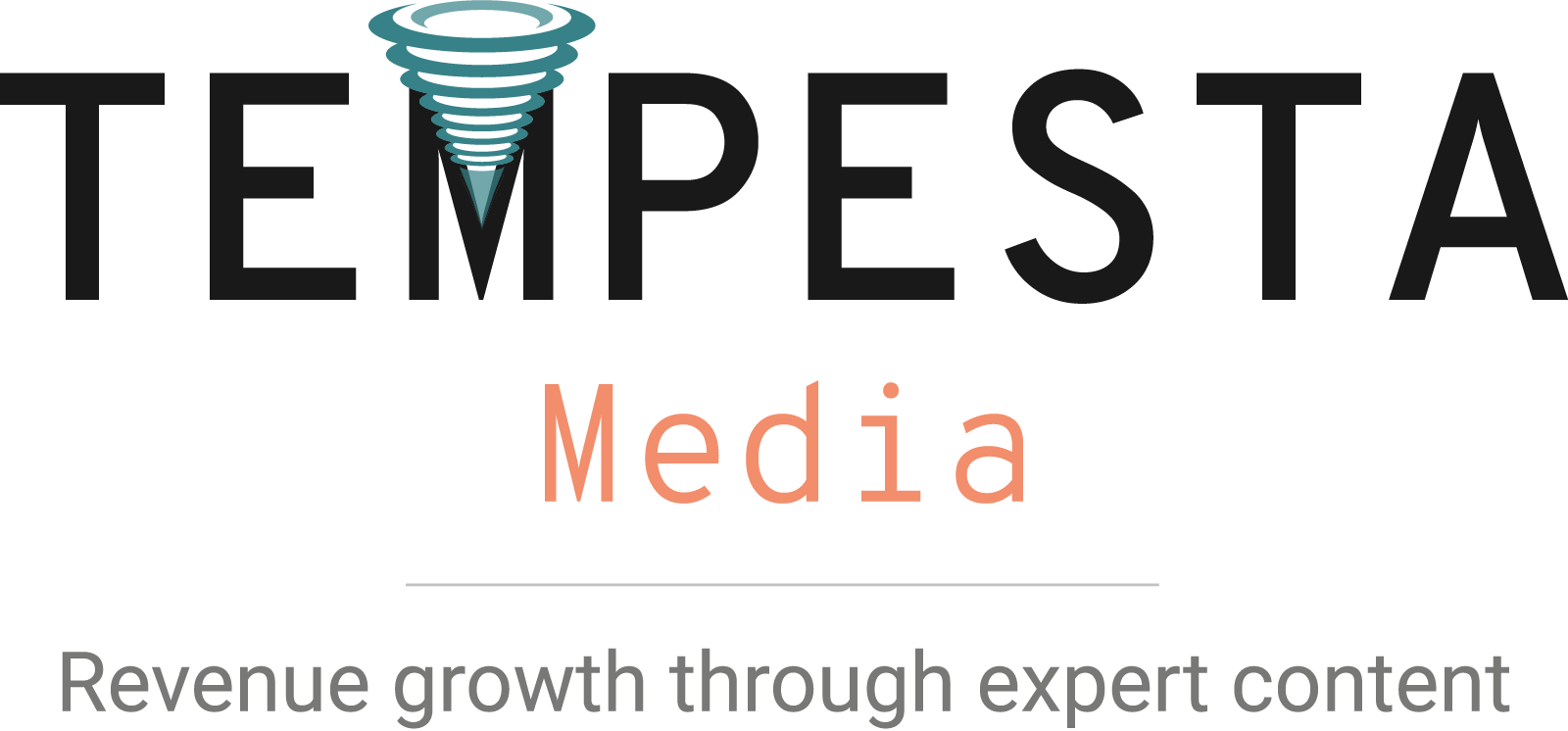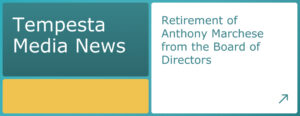On paper, content creation outsourcing can look like a terrific business proposition, and it can be, provided it is done right.
You probably already know outsourcing has a bad rap, and it is not entirely undeserved, either. Any agency that has already done it knows outsourcing something as sensitive as client content can quickly spiral out of control.
Outsourcing content creation can potentially open agencies up to a can of worms that could end up costing them thousands of dollars in legal damages. From copyright issues, plagiarism and unreliable content, there are a myriad of issues that need to be considered before hiring a freelance content provider.
Copyright issues
Contrary to popular assumption, paying someone to write you an article or blog post does not automatically give copyright ownership of that content asset to the end user. To avoid any issues when outsourcing your client’s blog to a third party, you need to set clear boundaries and agree on the terms over who owns the rights to whatever content your writer or writing team produces.
Solution: Draft a contract stipulating all the terms and copyright agreements between your agency and the provider. Without a contract, you will ultimately be giving content providers rights to their content. On the other hand, you receive – at most – implied license to use it on the client’s site.
Furthermore, if you wish to reuse a blog post or any other piece of content in some other way, you will need to get the writer’s express consent. Otherwise, you might be in hot water for repurposing the content (examples include turning a blog post into an e-book, webinar or social media post).
Plagiarism and defamation
Whoever said, “Great artists steal,” may not have considered the implications of a copyright infringement lawsuit. When you assign your writer to create a content asset, you are often out of the loop when it comes to the source materials they refer to, or – in the case of blog posts – where they get their images. And there is always the very real risk of your writer plagiarizing someone else’s content, verbiage or images without your and your client’s knowledge.
It is not just about plagiarism. You have to be careful with reviewing each content piece before posting it on the internet. Your writer might have written something defamatory or harmful to someone else’s reputation.
When the alleged victim of plagiarism or defamation files a lawsuit, it is your agency, and not the writer, who is liable for damages. Most freelance writers are organized as sole proprietorships and often do not have insurance.Therefore, suing them for damages might not get you anywhere, more so if your content creator is from outside the country.
Solution: Include an indemnification clause in your contract when outsourcing content creation. You hold the writer or writing team responsible for any damage they may cause, or at the very least, require them to pay your lawyers’ fees, court costs and/or damages.
Inaccuracies
For all the good it has done for the world, the internet still has some serious issues with authenticity. Sure, it gives everyone a voice to share thoughts and ideas, but it has also lead to deluge of false information. You would think most people would know better than to trust everything they see or read on the internet. The number of people who believe erroneous “facts” spread out across different websites and social media channels might surprise you.
Solution: It is better to be safe than sorry when it comes to content creation outsourcing. This means taking precautions when requesting content assets that fall under special regulations, such as finance and medicine, which may require your writer to include prominent disclaimers, or ensure materials meet certain industry standards. Obviously, the point of doing all this is to avoid any legal repercussions on your agency.

Looking for the right freelancer is time intensive
Successfully outsourcing content creation is rarely as simple as finding putting out an ad, hiring a freelancer, emailing project details, and waiting for the finished product. On the contrary, looking for the right freelancer can be a laborious and time-consuming process.
Go to a freelance website, and expect a deluge of applications. Applicants range from cheap overseas providers, to top-dollar professionals based in the U.S. That does not even include the unscrupulous freelancers who fly under the radar with their fictitious portfolio and phony credentials, making the process of choosing a freelancer all the more difficult.
Solution: Fortunately, there are several ways to reduce the risk of winding up with a freelancer whose portfolio or qualifications do not match with his actual skills. For starters, check the freelancer’s references and samples of work. Verify if any published content is traceable to your writer. You can also start your potential partnership with small trial projects to verify the freelancer’s writing abilities.
When all else fails
Still, none of this changes the fact that the process of finding a qualified and trustworthy freelance writer can take time. It may ultimately defeat any benefits derived from content creation outsourcing in the first place. As such, it is important to consider the size and scope of your clients’ content creation projects. Ensure that the benefits of getting a freelancer somehow fits into the picture.
All these issues highlight the importance of working with a reliable and trustworthy content marketing partner like Tempesta Media, a firm with established roots in the industry.
The firm offers your agency some level of protection against liability and legal issues. Tempesta Media provides custom original content to digital marketing agencies, web developers and public relations firms. The company offers access to a network of 16,000 vetted professional writers, reducing any issues concerning reliability and quality content.
If you have a content marketing program, or are planning one, download our ebook: 100 mistakes businesses make when starting, optimizing and scaling content marketing programs. Learn from the mistakes of hundreds of other companies. 100 mistakes walks you through common and uncommon challenges that they faced with their content marketing programs.











